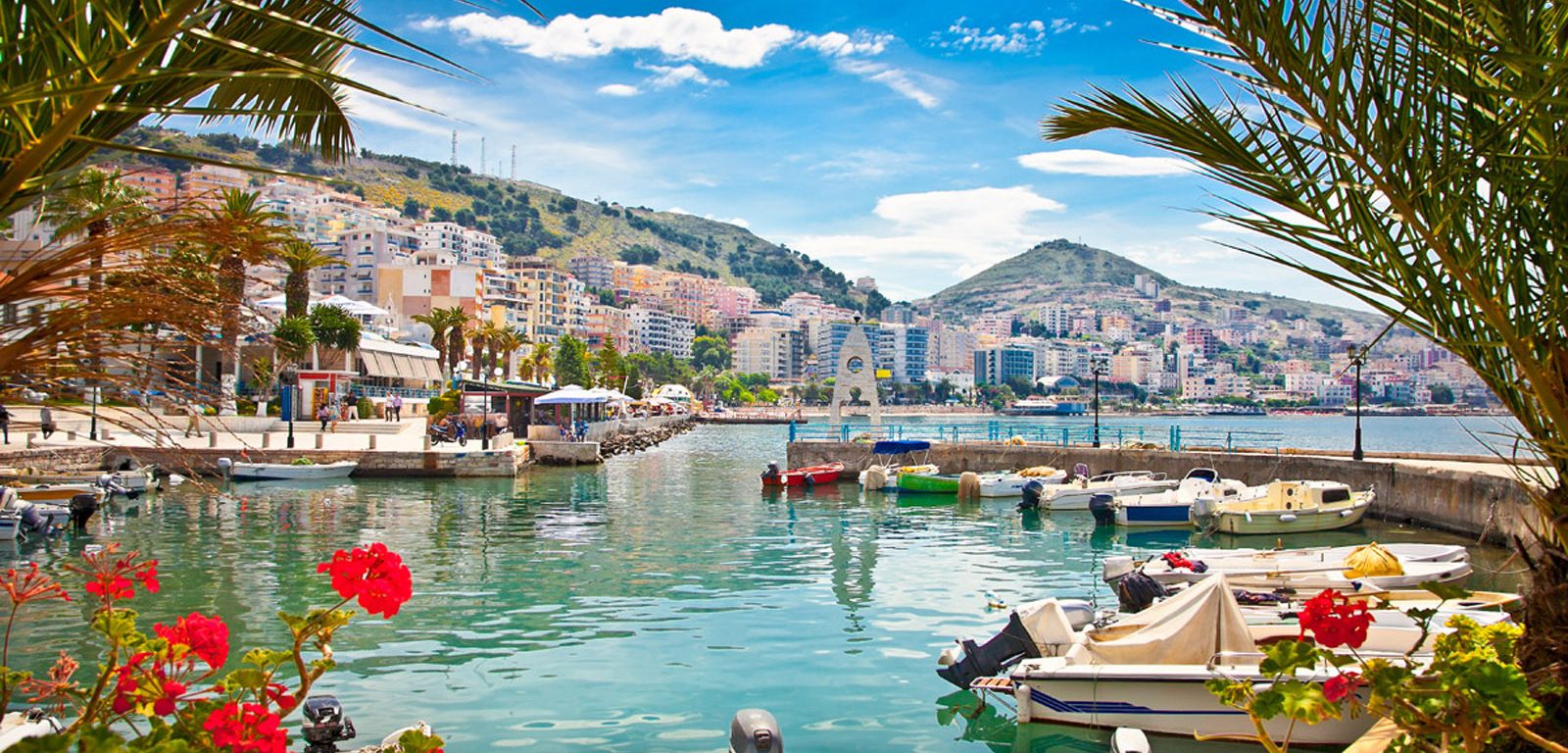With destinations ranging from mature powerhouses, including Spain, Italy, Portugal and Greece, to fast-rising Adriatic hotspots like Croatia, Montenegro and Albania, the region continues to outperform the broader EMEA tourism landscape.
The Mediterranean’s breadth of destinations and strong leisure appeal continue to attract both repeat and first-time visitors, underscoring the region’s wide-ranging appeal, says Larissa Towey, senior analyst, operational real estate, EMEA Research.
Strong demand and expanding source markets
While travelers from Europe still dominate inbound tourism to the Mediterranean, the report highlights potential for significant future growth from Asia-Pacific markets. APAC spend is forecast to rise +16 pct in 2026, matching the Middle East & Africa and outpacing spending growth from Europe (+9 pct) and the Americas (+5 pct). The rapid expansion of APAC’s middle class – expected to grow by 352 mln households by 2034 could increasingly shape tourism flows and marketing strategies. Social commerce growth in the region is also expected to fuel new booking and engagement behaviors, presenting a major opportunity for hoteliers.
Performance outlook remains robust
Despite near-term moderation in growth projections for 2025, the outlook remains broadly positive. Hotel nights in the Mediterranean are forecast to grow +6.4 pct in 2026, outperforming the European average of +5.6 pct. Greece is set to see strong growth in hotel nights in 2026 as well as Croatia and Montenegro. Demand is also showing signs of spreading further out across the year. With summer temperatures climbing, 9 pct of travelers from Europe have reported shifting their travel plans into shoulder seasons, while 15 pct intend to avoid destinations experiencing extreme heat; a trend that could help ease price and operational pressure during peak months.
Investment momentum continues
Hotel investment remains strong, increasing from a 4 pct share of EMEA investment volumes in 2020 to 13 pct in 2025 year-to-date. Mediterranean markets have expanded their share of regional hotel investment volumes to 28 pct (on average) between 2020-4, up from 19 pct pre-pandemic. This is supported by demand in key cities including Barcelona, Madrid, Rome and Athens. Looking ahead, hotel investment as a share of all activity is expected to stabilize at approximately 15 pct as the sector transitions beyond the post-pandemic rebound. Mediterranean destinations are well-positioned to attract further capital, though competition from major city-based hotel markets remains strong.
The Mediterranean’s investment story is far from over. As the sector matures, investors will focus more on operational performance and targeted value creation to stay ahead of the market, says Damian Harrington, head of global capital markets and EMEA research.
Resilient and ready for the future
Despite macroeconomic uncertainty and forecast revisions, the Mediterranean market continues to show exceptional resilience. Its appeal as a predominantly leisure-driven destination and growing interest in emerging locations provide a strong foundation for continued growth through 2030. Success will increasingly depend on targeted marketing strategies and operational optimization as the region’s growth becomes more competitive and diversified.

